 Blog
Blog
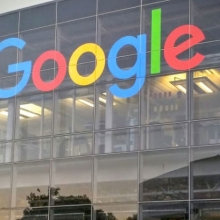
- June 14, 2014
Google’s Push Past Search
Google’s answer to solve the ‘search’ problem on mobile. In short, traditional search (pull method) is not working on mobile. So Google is moving towards content curation based on context, using highly sophisticated algorithms and extensive machine learning (based on information we inadvertently give up about ourselves when using google products) to predict what a […]

- March 10, 2014
The Science of Why We Don’t Believe in Science
Here’s for all the climate change, vaccine and evolution deniers out there: The Science of Why We Don’t Believe Science Facts are not up for interpretation, but our prior beliefs can skew how we respond to them. when we think we’re reasoning, we may instead be rationalizing. Or to use an analogy offered by University […]
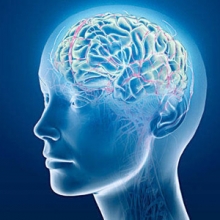
- March 4, 2014
How to Get People to Do Stuff
Basically understanding the psychology of what motivated people to take action. Some interesting bits: If you use nouns when making a request, rather than verbs – for example: “Be a donor” versus “Donate now” – it results in more people taking action. That’s because nouns invoke group identity. (people want to feel they belong) Use […]
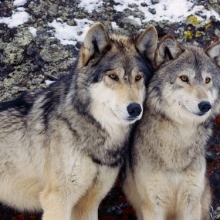
- February 13, 2014
A Dog Can’t Teach A Dog New Tricks
… but it can teach a wolf. […] dogs didn’t learn from each other as easily as wolves learned from them. Dogs lost their power to pay attention to each other when we bred them to pay attention to us. (source) The domestication of dogs by human beings is easily one of the most compelling […]

- February 8, 2014
Does a More Equal Marriage Mean Less Sex?
A very interesting piece on the power dynamics of modern relationships. Isn’t it intriguing that the things that contribute to a progressive (i.e. more equal and balanced, or the so-called ‘peer marriage’) relationship are often inconsistent with what drives our libido and makes our knees weak with desire for our partners? On an emotional level, “kindred […]
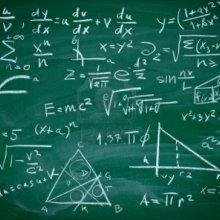
- January 22, 2014
Maths for Love
This story is yet another example of the power of data. How a Math Genius Hacked OkCupid to Find True Love. “I think that what I did is just a slightly more algorithmic, large-scale, and machine-learning-based version of what everyone does on the site,” McKinlay says. Everyone tries to create an optimal profile—he just had […]
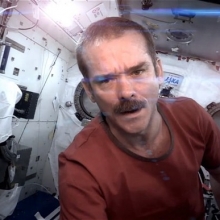
- January 15, 2014
Astronaut Chris Hadfield
I can’t believe it took me so long to discover Chris Hadfield. During his time at the International Space Station, Commander Hadfield went from being an obscure space commander to an orbiting rockstar, thanks to his hundreds of inter-galactic updates on social media channels like Twitter and Facebook, which generated a lot of attention and […]

- April 4, 2011
The Hard Problem
Why do we feel the way we do? How is feeling related to consciousness? What is the origin of our conscious mind? Is reality merely a perception? Where does consciousness reside? Do we have a soul? Do you see red the way I do? How are cognitive experience linked to our construction of what is […]

- February 3, 2011
Higgs and Kitten
Note: This piece was originally published in the CERN Student Club’s “Creative Voices” in 2009. The website is now under major revamp, so I am republishing it here. One year ago before I came to CERN I had no idea what the Higgs boson was, I thought a wormhole is where birds are sent to […]
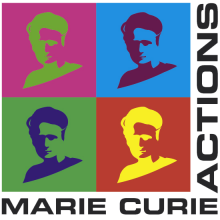
- February 1, 2011
The Marie Curie Actions Fellowship Program: A Personal Account
Note: This piece was originally published in the CERN Student Club’s “Creative Voices” in 2010. The website is now under major revamp, so I am republishing it here. It was a hot and humid day in the peak of summer July 2008, I was in a room somewhere inside CERN, too early in the morning, […]

- December 24, 2009
Brokenhagen
Totally disappointed with the outcomes of Copenhagen. Brokenhagen, indeed. China really is such a bitch sometimes. Sigh.
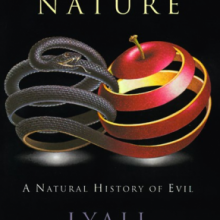
- December 29, 2008
Dark Nature
Evil is a product of historical development – genetically, ecologically and sociologically. Fundamentally, human beings are not so much different from animal. We learn a lot about human nature by studying our fellow occupants of the earth. The universe exists because the multiplicity of elements which compose it combine in exactly the right proportions and […]
